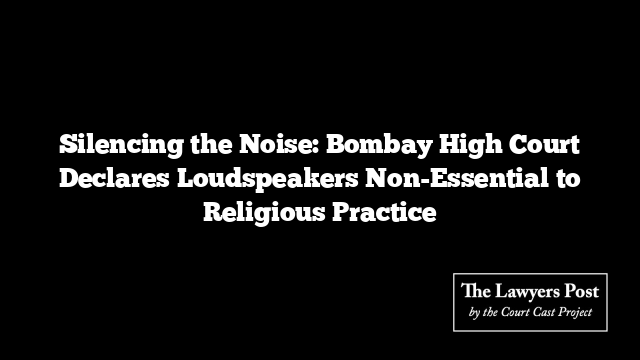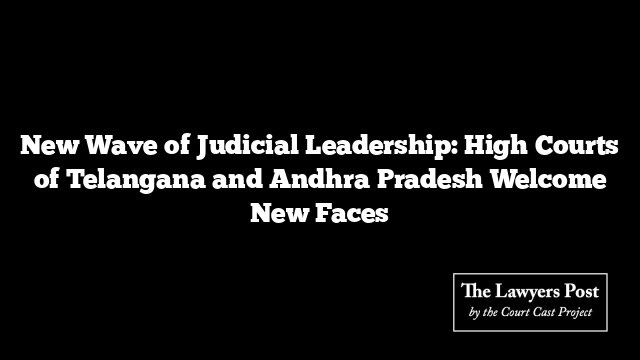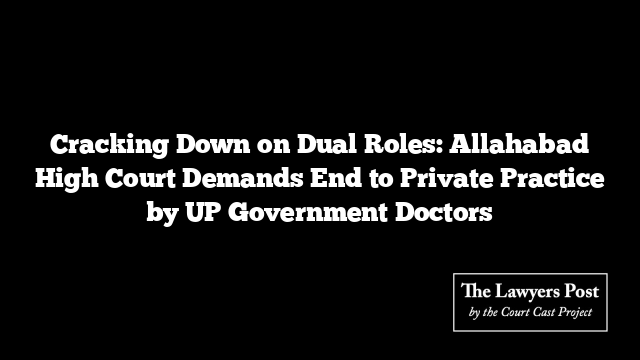In a significant move toward curbing noise pollution, the Bombay High Court has declared that the use of loudspeakers is not an integral aspect of any religion. The court emphasized that denying permission for loudspeakers does not infringe on fundamental rights, underscoring public health and tranquility as paramount concerns.
A bench comprising Justices Ajay Gadkari and Shyam Chandak directed Mumbai police to strictly enforce the Noise Pollution (Regulation and Control) Rules, 2000, highlighting that excessive noise is a serious health hazard.
“No one can claim their rights are violated by the denial of loudspeaker use. Public interest demands such permissions be limited. The use of loudspeakers is not essential to any religion, and rights under Articles 19 or 25 of the Constitution are not compromised,” the bench noted.
This ruling arose from petitions by resident welfare associations in Kurla and Chunabhatti, who cited disturbances caused by loudspeakers in mosques and madrasas, particularly during Azaan and religious events. Despite multiple complaints to authorities, no action had been taken, leading the petitioners to approach the court.
The court refrained from ordering the registration of FIRs but emphasized the need for strict decibel control in sound systems used at religious venues. It urged the state to mandate mechanisms ensuring compliance with permissible sound levels across all religious institutions.
In a detailed judgment, the court outlined specific steps for law enforcement to address noise violations. Police were directed to:
- Act on complaints without disclosing complainant identities.
- Issue warnings for first-time offenders.
- Impose fines for repeated violations under the Maharashtra Police Act.
- Seize equipment and cancel permits in cases of persistent non-compliance.
To enhance enforcement, the bench encouraged the use of mobile applications for real-time noise monitoring and emphasized that police should strictly adhere to relevant sections of the Maharashtra Police Act.
Additionally, the state was urged to explore automated decibel-limiting technologies for sound equipment at places of worship.
By balancing the right to worship with the need for public peace, the court’s decision paves the way for a more harmonious coexistence in urban spaces. The ruling underscores the importance of safeguarding public health without compromising constitutional freedoms.





